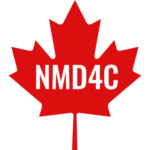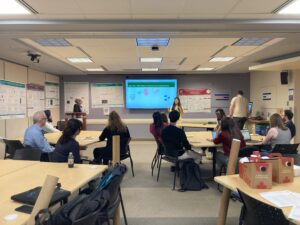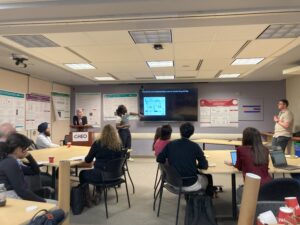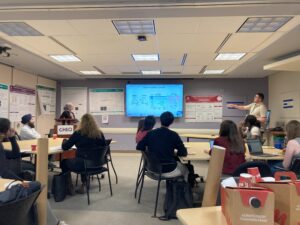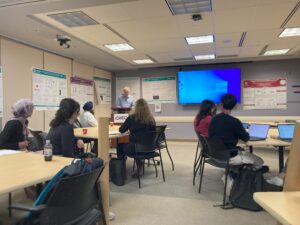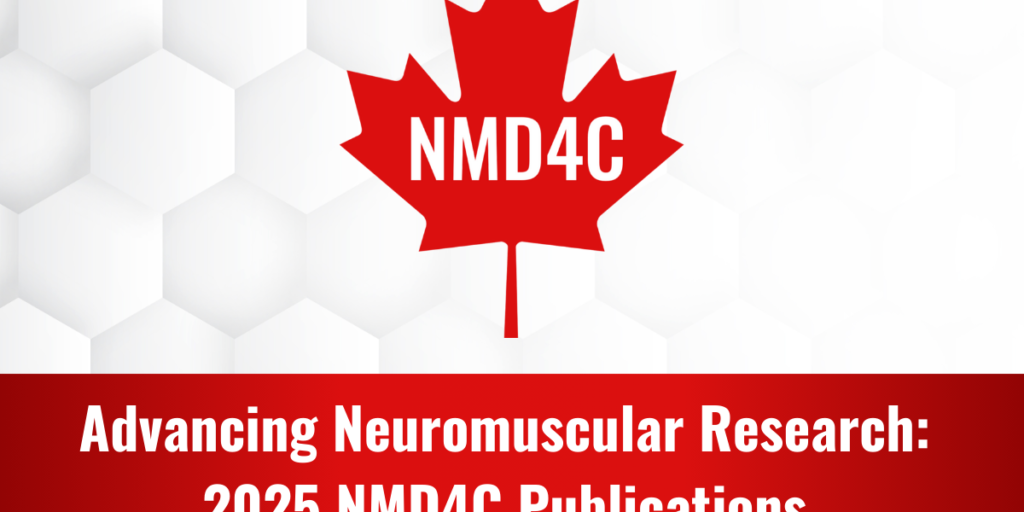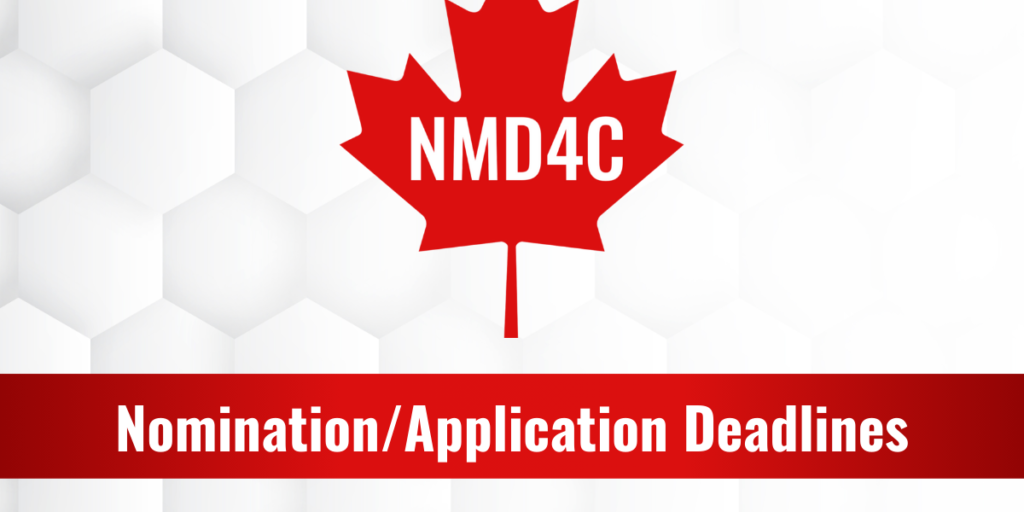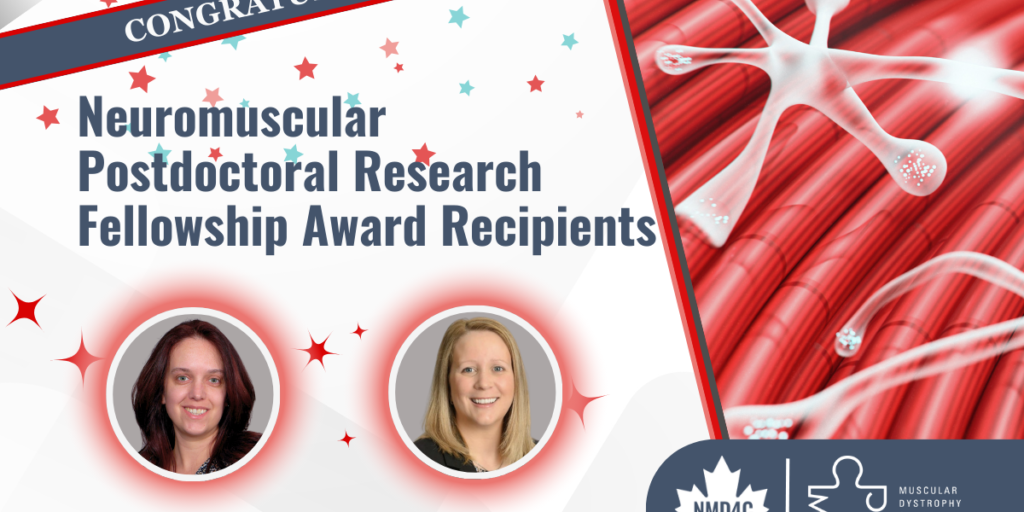Making Science Accessible for All Through Collaboration Between Neuromuscular Researchers and Patient Partners!
By: Shatha Atieh
Building Bridges: Making Science Accessible for All Through Collaboration event series was created to promote inclusive, interdisciplinary and accessible scientific communication between trainee researchers (undergraduate, master’s and PhD students) and patient partner communities—elements that are often overlooked in traditional research environments. To address this, I co-created this event with another PhD candidate, Kelly Ho, with Linda Niksic and Angela Woolam, patient partners from our organizing committee, and Erin Beattie and James Davis from the NMD4C.
Too often, the research landscape prioritizes scientific innovation without focus on accessible scientific language. We aimed to address this gap by giving trainees the opportunity to present their research in plain language, ensuring patient partners are not just included, but central to the scientific conversation.
The first event in this series was held virtually on February 20th, 2025, and served as a foundational workshop for the in-person event in May. It introduced key principles of patient engagement in research and provided practical tools, resources and examples to help trainees translate complex scientific ideas into plain language. This was a critical step in ensuring that students were equipped to communicate their work clearly and meaningfully to patient partners during the upcoming in-person event in May.
The second event held on May 26th, 2025, brought these efforts to life. It featured presentations by one of the Building Bridges patient partner committee members, Angela Woollam, as well as a senior scientist, Dr Hanns Lochmüller, who spoke on the value of collaboration and mutual understanding. Trainees also delivered flash talks and presented their research during the poster session in plain language, fostering dialogue, mutual understanding and empowerment.
As a PhD student at the University of Ottawa, I found it essential to uphold the University of Ottawa’s Strategic Area of Research tenet, “Enabling Lifelong Health and Wellness”, particularly contributing to the Neuromuscular pillar of the Brain and Mind research theme. This includes promoting a collaborative, patient-centered environment that focuses on accessible scientific communication and mutual empowerment; patient partners at times feel left out of emerging and innovative research conversations—through this initiative, we aimed to change that.
By promoting collaborative, patient-centered research practices, Building Bridges contributes to the development of research that is more impactful and responsive to the needs of the communities it aims to serve. As a result, research outcomes are more likely to be understood, accepted, and thus, implemented leading to potential changes in existing clinical, research, and educational practices. This event could not have been accomplished without our insightful patient partners, Angela and Linda as well as our sponsors, the Neuromuscular Disease Network for Canada and the University of Ottawa’s Faculty of Medicine.
I am incredibly proud to be a part of an initiative that strives to reflect the kind of research culture that centers patient voices and fosters the kind of interdisciplinary collaboration that can lead to real transformative change and empowerment for both trainees and patient partners—not just in our labs, but in each other’s lives.
If anyone is interested in further details or assistance in holding similar events to foster collaboration between neuromuscular researchers and patient partners, please contact Erin Beattie at ebe
